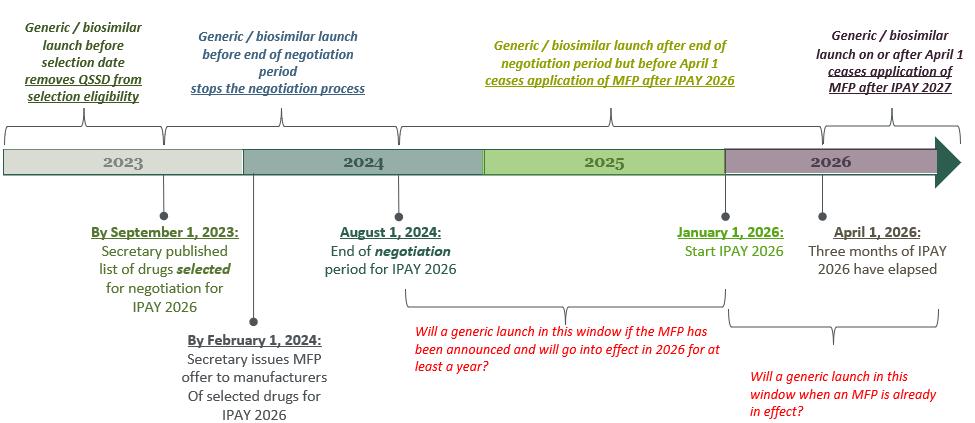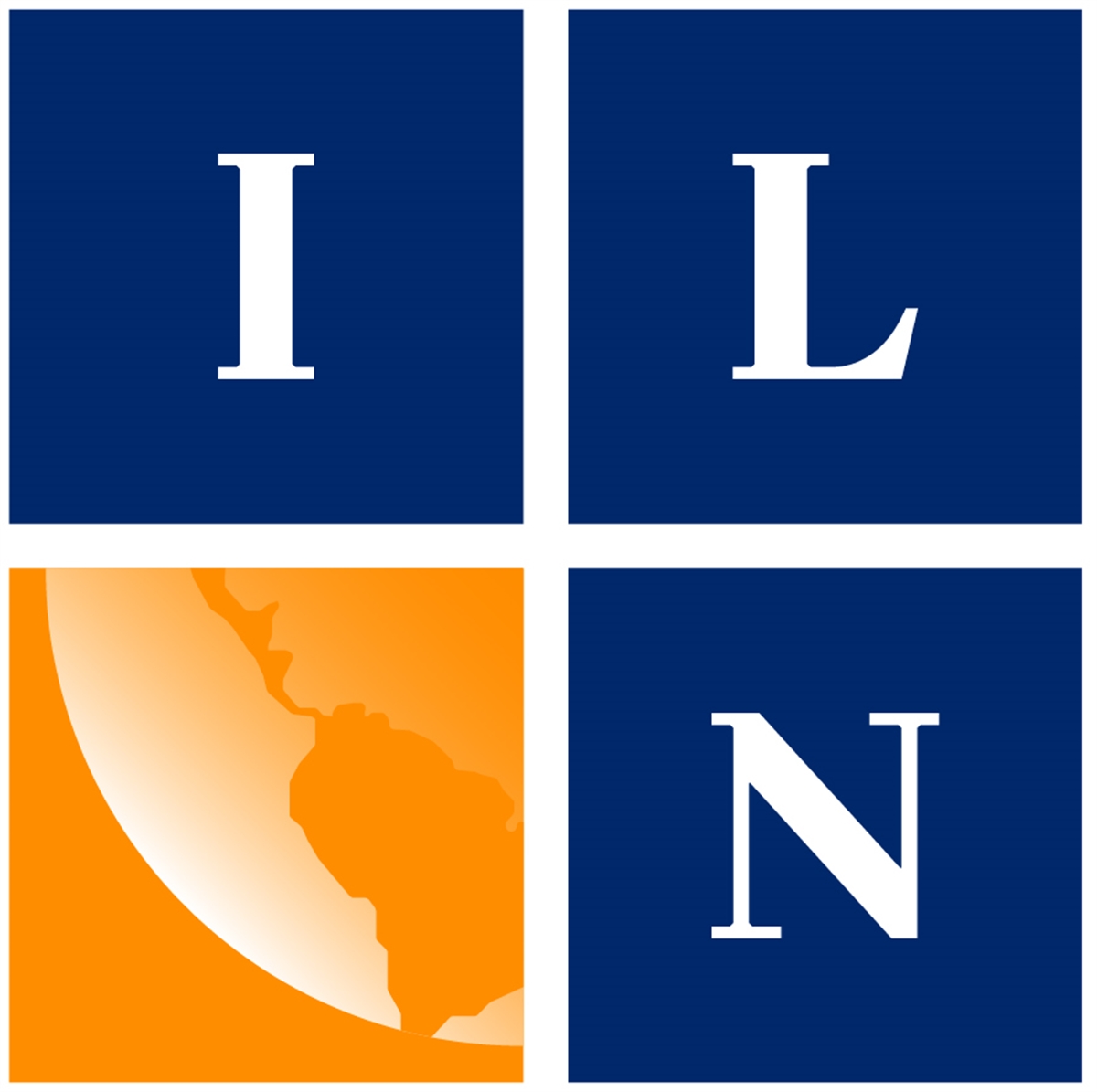SCOTUS Kills Hope for Eligibility Certainty and Nixes Teva’s ‘Skinny Label’ Appeal
“The Supreme Court’s denial of these Section 101 cases is felt even more sharply in the patent community given the U.S. Solicitor General’s briefing this April asking the Court to grant cert in both Interactive Wearables and Tropp.”
On May 15, the U.S. Supreme Court issued an order list denying petitions for writ of certiorari filed to appeal several patent rulings, including a pair of 35 U.S.C. § 101 subject matter eligibility cases that the U.S. Solicitor General previously urged the nation’s highest court to hear. The Supreme Court also denied Teva Pharmaceuticals’ petition to review its appeal of the Federal Circuit’s “skinny label” induced infringement ruling over its generic version of carvedilol. While the full Court denied certiorari to these cases, the order list notes that Associate Justice Brett Kavanaugh would have granted cert to these three petitions.
Tropp and Interactive Wearables: SCOTUS Avoids Another Chance to Fix Section 101
The cert denials for both Tropp v. Travel Sentry, Inc. and Interactive Wearables, LLC v. Polar Electric Oy continue the Supreme Court’s well-documented trend of avoiding cases with Section 101 eligibility issues in the near decade since the Court issued the landmark Section 101 ruling in Alice Corp. v. CLS Bank International (2014). Interactive Wearables involved an appeal of a Rule 36 summary affirmance of the Section 101 invalidation of patent claims covering improved devices for playing audio and video content. Tropp’s cert petition appealed the Federal Circuit’s ruling that patent claims covering a technology for screening luggage at airports without unlocking the luggage merely claimed the long-standing economic practice of marketing a dual-access lock for luggage inspection.
The Supreme Court’s denial of these Section 101 cases is felt even more sharply in the patent community given the U.S. Solicitor General’s briefing this April asking the Court to grant cert in both Interactive Wearables and Tropp. While the SG’s brief argued that only the lower ruling in Interactive Wearables was wrong, it urged the Court to grant both petitions and consolidate the cases in order to render a single Section 101 ruling that could provide clarity to lower courts on subject matter eligibility. The SG’s brief noted that the Federal Circuit’s Section 101 jurisprudence has been difficult to apply consistently, leading lower courts to muddy Section 101 inquiries with legal issues more appropriate for novelty, obviousness or enablement.
Some in the patent community were hopeful that SCOTUS might take up the SG’s invitation, but others have pointed out that the simplicity of the invention at issue in Interactive Wearables make that particular case a poor vehicle for addressing Section 101 issues. It remains to be seen what impact these denials will have on Avery Dennison v. ADASA, another case before SCOTUS on the Section 101 abstract idea exception to patentability.
Teva Loses Chance to Appeal Infringement Ruling Over Heart Treatment Carve-Out Labels
The Supreme Court also denied a similar invitation by the Solicitor General to take up a cert petition filed by Teva Pharmaceuticals to appeal the Federal Circuit’s rulings in 2020 and 2021 that Teva induced infringement of GlaxoSmithKline patent claims covering a method of treating congestive heart failure with carvedilol. Teva was found to infringe GSK’s reissue patent claims despite its use of a Section viii “skinny label” carving out the use of its generic carvedilol for treatment methods patented by GSK.
The SG’s brief filed in the case this March told the Supreme Court that it should grant Teva’s petition for cert or risk upending the careful balance between branded pharmaceuticals and generic manufacturers wrought by the Hatch-Waxman Act. Several amicus filings in the case echoed these concerns and agreed that GSK’s expert witness testimony failed to prove the specific intent needed to show that Teva’s “skinny label” induced infringement of GSK’s patent claims.
Califorrniaa v. Vidal: SCOTUS Denies Rehearing Request on PTA Petition Involving Abortion Law Arguments
Finally, the Supreme Court also denied a petition for rehearing filed in Califorrniaa v. Vidal, an appeal from the Federal Circuit’s ruling last November that patent applicant Califorrniaa was not entitled to a 51-day patent term adjustment (PTA) to patent claims covering “nondestructive means of ectopic pregnancy management.” Califorrniaa’s cert petition argued that the patent examiner at the U.S. Patent and Trademark Office improperly amended patent claims to address enablement issues the examiner identified after issuing a notice of allowance. In the cert petition, Califorrniaa had argued that the Supreme Court should overrule its 1971 abortion law ruling in United States v. Vuitch in favor of equality with the unborn.
“[I]f the Court overrules Vuitch in favor of equality with the unborn, physicians would no longer have the option of homicide, thus making the 51 days in question—and for that matter the entire patent term—financially more valuable to the petitioner.”
Image Source: Deposit Photos
Image ID: 126319192
Author: Rawpixel
Steve Brachmann
Steve Brachmann is a graduate of the University at Buffalo School of Law, having earned his Juris Doctor in May 2022 and served as the President of the Intellectual Property […see more]







